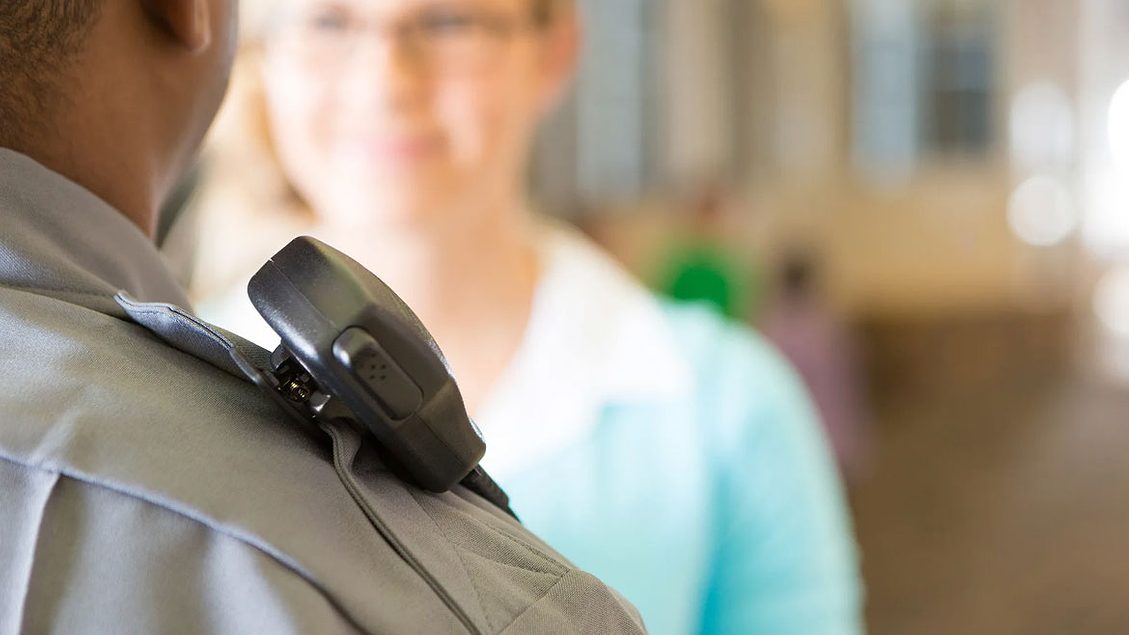
"Pursuing higher education shouldn't be a safety-threatening experience. However, as geopolitical conflicts grow, tensions can rise on campuses and contribute to feelings of vulnerability."
"Complex world events have a huge impact on a person's sense of safety, belonging, wellness, and overall mental and physical health, Weddepohl states. We have to think critically about environmental and political events that may not have been a concern before."
"Preemptive partnership building is key - discussing trends in security with local businesses, forming community liaison groups with emergency responders, or building relationships within your organization."
"Camuses cannot just be safe, they must also feel safe. Students, faculty, and staff deserve to be a part of a university community that feels safe, not vulnerable."
As geopolitical tensions escalate, universities face increased security challenges that can affect the sense of safety among students, faculty, and staff. Danielle Weddepohl, Director of Public Safety and Emergency Management at George Brown College, emphasizes the importance of understanding these threats, regardless of their geographical distance. Effective safety strategies involve building preemptive partnerships with local organizations, emergency responders, and within the campus community. Additionally, campuses must not only be secure but also foster a perceived sense of safety to nurture well-being among their members.
Read at Securitymagazine
Unable to calculate read time
Collection
[
|
...
]